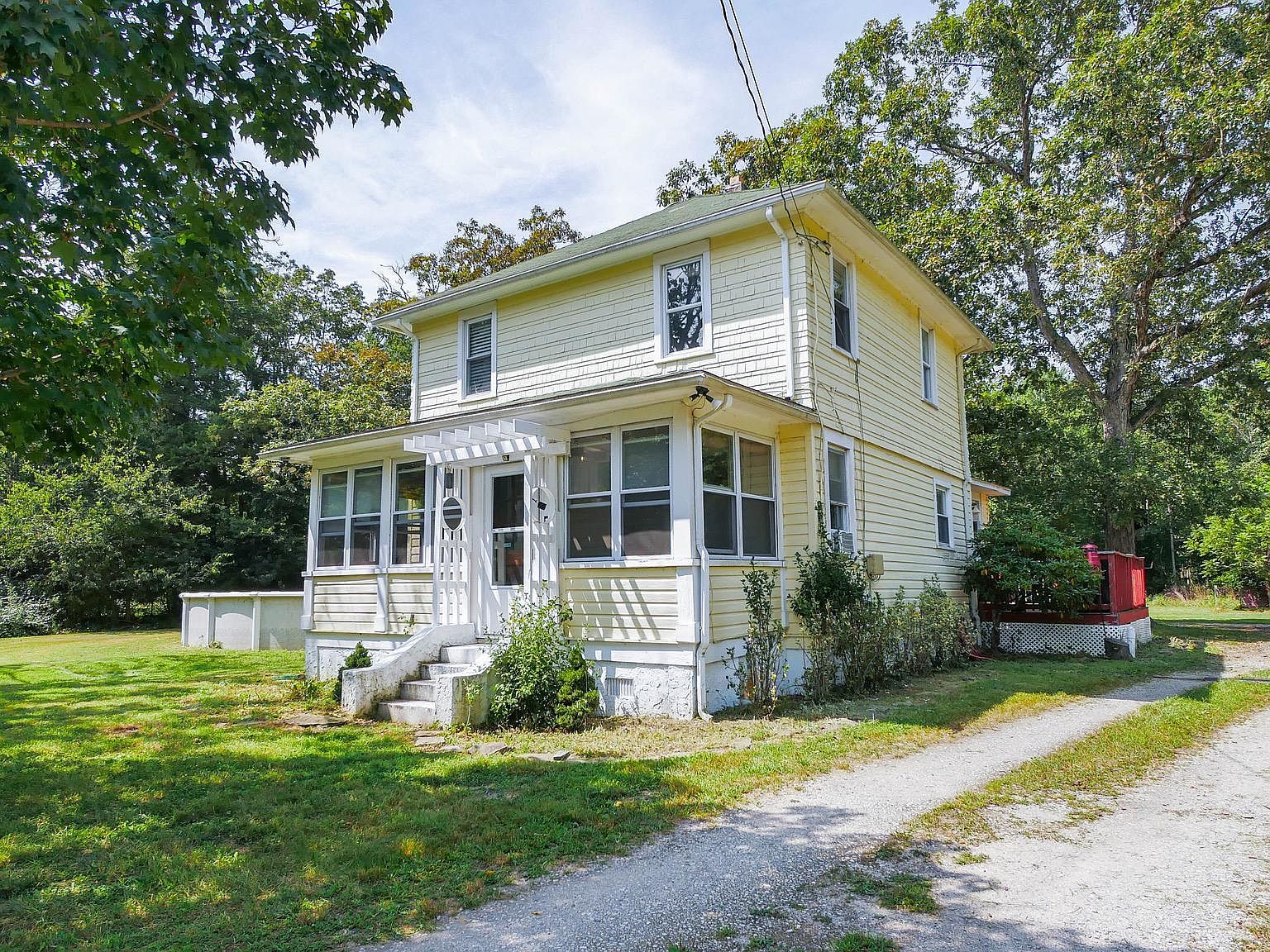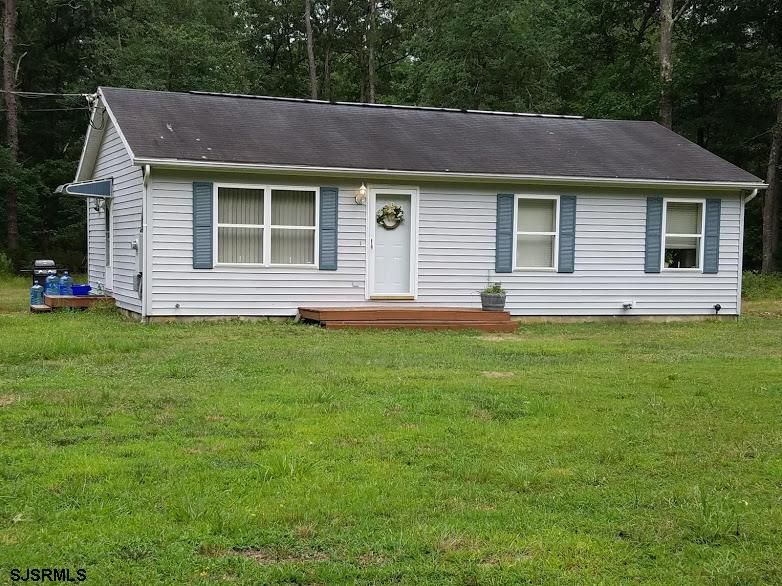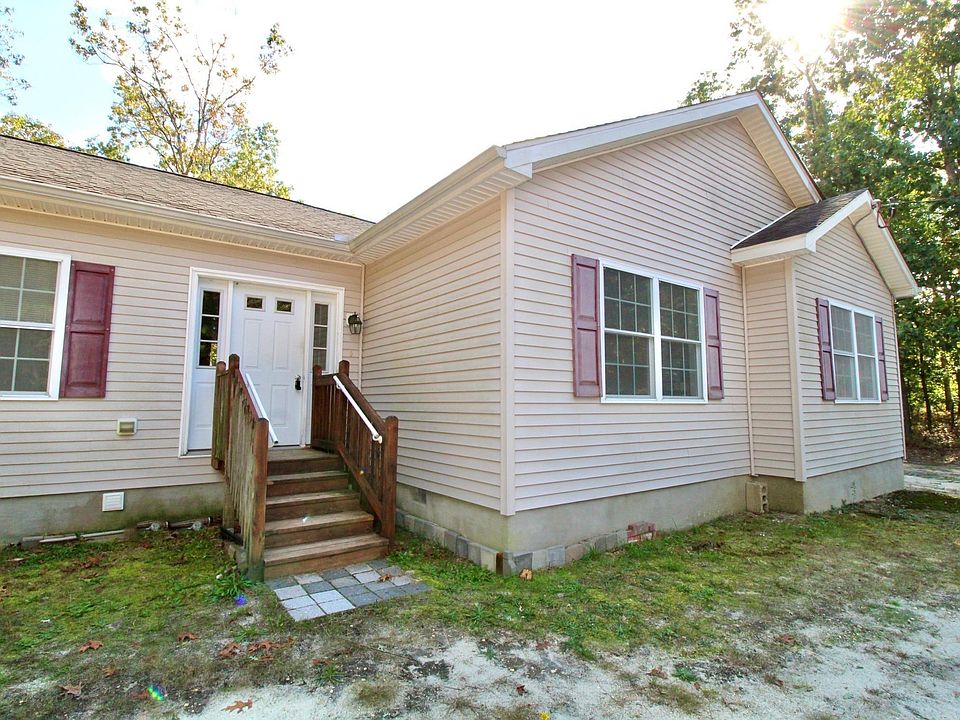Houses For Sale In Dorothy Nj – In a world dominated by fast fashion, disposable electronics, and mass-produced items, many people are beginning to question the value of constantly purchasing new products. Regardless of the reason, the sale of a business is an event that requires careful planning, transparent communication, and strategic negotiations. In some cases, it’s not just objects that are for sale, but entire industries or institutions. Websites and apps like eBay, Craigslist, Facebook Marketplace, and Poshmark have made it easier than ever to find second-hand goods for sale, offering a wider selection and more convenience than traditional brick-and-mortar stores. One of the key defining features of quality goods for sale is their ability to stand the test of time. Art, music, literature — these expressions of human creativity and emotion are not always bound by the rules of commerce. People are rediscovering the value of items that have been made by hand, with care and skill, as opposed to the impersonal, assembly-line products that dominate the marketplace. Whether it’s the sleek lines of a designer chair or the intricate patterns on a handwoven rug, quality goods are often as much about aesthetics as they are about functionality. It’s a moment of transition, and as with all transitions, it brings with it both excitement and uncertainty. When people buy second-hand items, they are extending the life cycle of those goods, which means fewer products end up in the trash. Whether buying vintage clothing, upcycled furniture, or pre-owned electronics, the growing popularity of second-hand shopping reflects a broader desire for more sustainable, creative, and conscious ways of living. The growing interest in second-hand goods can also be attributed to shifting cultural attitudes toward consumption. The buying and selling of companies, brands, and even entire industries can reshape economies, alter job markets, and redefine how goods and services are delivered. Similarly, during periods of economic growth, there may be a greater willingness to spend on luxury second-hand items, such as high-end fashion or collectible items. Online marketplaces have opened up opportunities for people to buy and sell goods from the comfort of their own homes. It’s about letting go of something that no longer serves a purpose, while opening the door for something new to take its place. Although the transaction may be challenging at times, the opportunity to buy or sell a business can open doors to new ventures, provide financial rewards, and enable entrepreneurs to pursue their goals. As more and more people become concerned about the planet’s resources and the impact of consumerism on the environment, the concept of buying used goods has gained traction as a more sustainable alternative to purchasing new products. Online platforms also offer the convenience of searching for specific items, whether it’s a rare collector’s item, a particular brand of clothing, or a piece of furniture that fits a specific design style. Whether it’s an item, a service, or even a person, the act of being “for sale” represents a moment of transition, a shift from one stage of life to another.

1312 10th Ave, Dorothy, NJ 08317 Zillow
Sell your homeschool searchtop property searchadvanced search

1417 11th Ave, Dorothy, NJ 3 Bed, 1 Bath SingleFamily Home 25
Sell your homeschool searchtop property searchadvanced search

1305 13th Ave, Dorothy, NJ 08317
Sell your homeschool searchtop property searchadvanced search

1407 13th Ave, Dorothy, NJ, 08317
Sell your homeschool searchtop property searchadvanced search

1119 11th Ave, Dorothy, NJ 08317 MLS 524498 Redfin
Sell your homeschool searchtop property searchadvanced search

1418 10th Ave, Dorothy, NJ 08317
Sell your homeschool searchtop property searchadvanced search

1113 11th Ave, Dorothy, NJ 08317 Zillow
Sell your homeschool searchtop property searchadvanced search

NJAC117272.jpg?ts=637647306600000000
Sell your homeschool searchtop property searchadvanced search

Dorothy, NJ Real Estate Dorothy Homes for Sale
Sell your homeschool searchtop property searchadvanced search

Dorothy, NJ Real Estate Dorothy Homes for Sale
Sell your homeschool searchtop property searchadvanced search
The appeal of finding a hidden gem, something that has been cherished by someone else and is now available for a new owner, is a part of the allure of second-hand goods. Quality goods transcend trends and fleeting fads. Websites like eBay, Craigslist, Facebook Marketplace, and Poshmark have made it easier than ever for individuals to sell their unwanted items and for buyers to find exactly what they are looking for. The environmental benefits of buying second-hand goods go beyond just reducing the need for new production. Second-hand goods for sale are no longer seen as inferior or out-of-date, but rather as a conscious, stylish, and eco-friendly choice. Many brokers specialize in certain industries or types of businesses, allowing them to better serve their clients by offering specialized knowledge and advice. Similarly, vinyl records have experienced a resurgence in recent years, with collectors seeking out rare albums and vintage pressings. In many cases, sellers may work with business brokers, financial advisors, or accountants to help value the business and identify potential buyers. When someone buys a second-hand item, whether it’s a piece of furniture passed down through generations or a retro jacket from a bygone era, they are not just acquiring an object; they are connecting to a story, a memory, or a cultural moment. While the sale of a business can provide a valuable opportunity for both parties involved, it also carries risks. It’s a phrase that, at first glance, may seem simple and straightforward. The idea of being “for sale” also touches on larger cultural and societal themes. It’s a moment of transition, and as with all transitions, it brings with it both excitement and uncertainty. A piece of furniture, for instance, may hold sentimental value simply because it’s been in the family for generations. Thrift stores, estate sales, and online marketplaces are excellent places to find second-hand furniture, with options ranging from antique and vintage pieces to more contemporary items. But is this a reflection of reality? Or is it an illusion we’ve created, an idea we’ve accepted in order to make sense of a world that increasingly revolves around consumption and profit?
At the core of this idea lies the assumption that everything, no matter how unique or rare, can be exchanged. Entrepreneurs can launch businesses from their homes, and freelancers can offer their skills to clients across the world. Due diligence is a crucial part of the process, where the buyer investigates the business thoroughly to ensure that there are no hidden liabilities, potential risks, or operational inefficiencies. Influencers sell their attention, their opinions, their lives — all of it has become a form of commerce. Manufacturing new items requires energy, raw materials, and natural resources, all of which contribute to environmental degradation.
The rise of online platforms dedicated to the sale of second-hand goods has also played a significant role in the growing popularity of pre-owned items. What will come next? What new opportunities will arise from this decision? When an item is placed “for sale,” it’s not just the object that’s changing hands; it’s often a reflection of the personal changes happening within the seller. Whether it’s a vintage armchair, a gently used dining table, or a piece of mid-century modern furniture, second-hand furniture can be both functional and stylish. The items placed for sale are not merely commodities; they are often vessels of memories, symbols of past achievements, or representations of something bigger than the price tag they carry. This can manifest in the context of career, relationships, or personal goals. People often feel like they are for sale, too, in various ways. The concept of quality, however, is not a one-size-fits-all. The role of business brokers and intermediaries has become increasingly important in today’s business-for-sale market. The desire for more, the constant pursuit of bigger profits and greater influence, can lead to exploitation. In a circular economy, items are kept in use for as long as possible, reducing the need for new resources and minimizing environmental harm. It carries the marks of life’s moments: the road trips, the adventures, the daily commutes, the memories of friends and family. In many cases, sellers may work with business brokers, financial advisors, or accountants to help value the business and identify potential buyers. The struggle is not in resisting the marketplace entirely, but in finding balance, in ensuring that the things that truly matter cannot be bought, sold, or traded. The focus on longevity and reliability is what sets these goods apart from their mass-market counterparts. If the buyer is satisfied with the findings, the next step is usually negotiation. The story behind the item becomes part of its value, adding an emotional dimension to its physical form. A piece of art, for example, may be valued differently by various individuals based on personal taste, financial resources, or the emotional connection they feel to the work. Influencers sell their attention, their opinions, their lives — all of it has become a form of commerce. Additionally, second-hand furniture allows buyers to find unique items that may not be available in traditional furniture stores. What was once limited to boutique shops or high-end department stores can now be purchased from the comfort of one’s home.